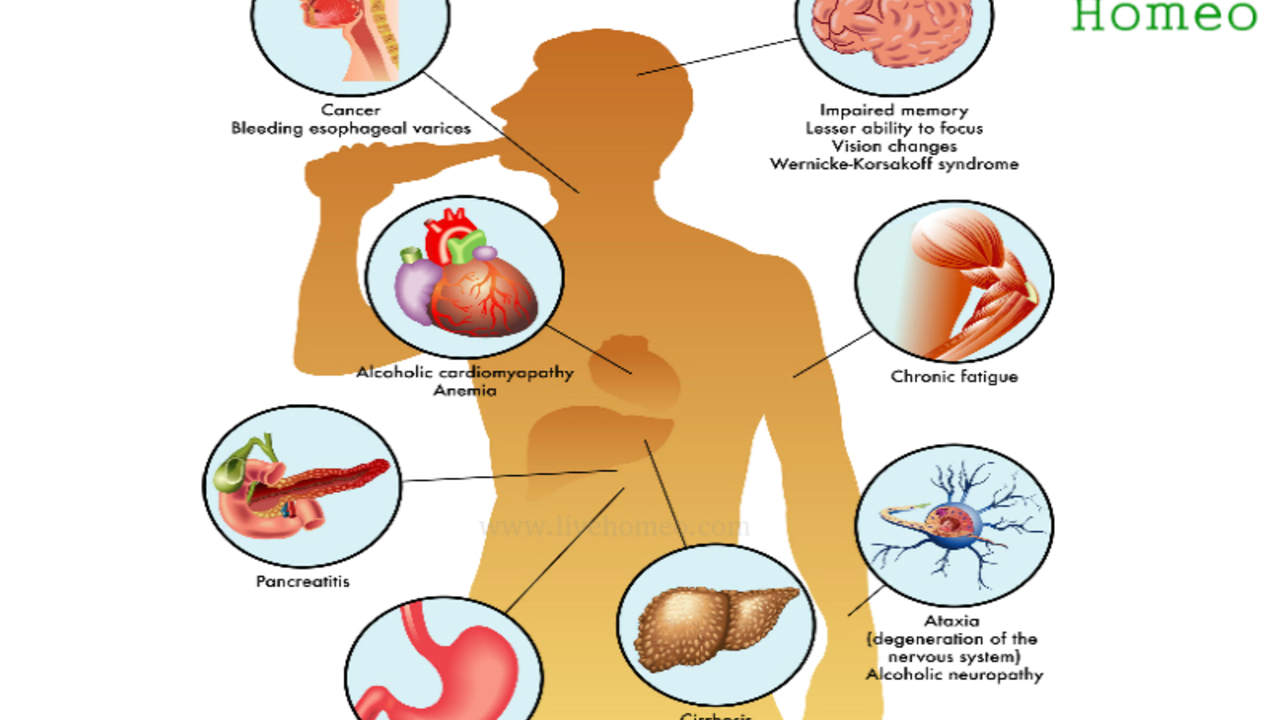Diverticulitis: Symptoms, Diagnosis & Practical Treatment Tips
About half of people over 60 have small pouches (diverticula) in their colon. Most never cause trouble, but when a pouch gets inflamed or infected, you get diverticulitis. That sudden, sharp pain in your lower belly is a common warning sign — you don’t want to ignore it.
How doctors diagnose diverticulitis
If you show up with typical symptoms — sudden lower abdominal pain (often on the left), fever, and a change in bowel habits — your doctor will do a quick exam and blood tests for infection. A CT scan of the abdomen is the best test to see inflammation, abscesses, or complications. After symptoms calm down, many doctors recommend a colonoscopy 6–8 weeks later if you haven’t had one recently, to rule out other problems like polyps or cancer.
Not all belly pain is diverticulitis. Your doctor will consider urinary infections, appendicitis (if pain is on the right), irritable bowel, and more. Clear imaging helps avoid guesswork.
Treatment and when to go to hospital
Most people with mild, uncomplicated diverticulitis do fine at home. Doctors often suggest a short period of clear fluids or a low-fiber diet while pain settles, paired with rest and pain relief like acetaminophen. Recent approaches favor treating some uncomplicated cases without routine antibiotics — your doctor will decide based on your symptoms, lab results, and overall health.
If tests show an abscess, severe infection, or a hole (perforation), you’ll need hospital care. That can include IV fluids, IV antibiotics, percutaneous drainage of an abscess, or surgery in urgent cases. Severe bleeding or a fever with worsening pain are reasons to get to the ER.
Wondering about antibiotics and which ones? That’s a doctor decision. Historically, doctors used combinations that cover gut bacteria. Don’t start or stop antibiotics without medical advice.
What about prevention? Aim for daily fiber from whole grains, fruits, vegetables, and plenty of water. Regular exercise and quitting smoking lower your risk. You don’t need to avoid nuts, seeds, or popcorn — newer evidence doesn’t support that old rule.
Watch for red flags: high fever, severe or worsening pain, inability to pass gas or stool, fainting, or heavy rectal bleeding. Those usually mean complications and need urgent care. If your bouts of diverticulitis keep returning, talk with your doctor about long-term options; sometimes surgery is the right move.
If you’re unsure whether your symptoms match diverticulitis, call your clinic. Quick assessment and the right tests save trouble later and keep you out of the hospital when you don’t need to be.
Diverticulitis and Alcohol: Is There a Link?
In my recent research, I delved into the potential link between diverticulitis and alcohol consumption. It seems there might be a connection, as excessive alcohol intake can increase the risk of developing diverticulitis, a painful condition caused by inflammation of pouches in the colon. Alcohol may aggravate the condition due to its dehydrating effect, which can exacerbate constipation, a key trigger of diverticulitis. Cutting back on alcohol might help manage this condition. However, more research is needed to fully understand this correlation.
© 2026. All rights reserved.

